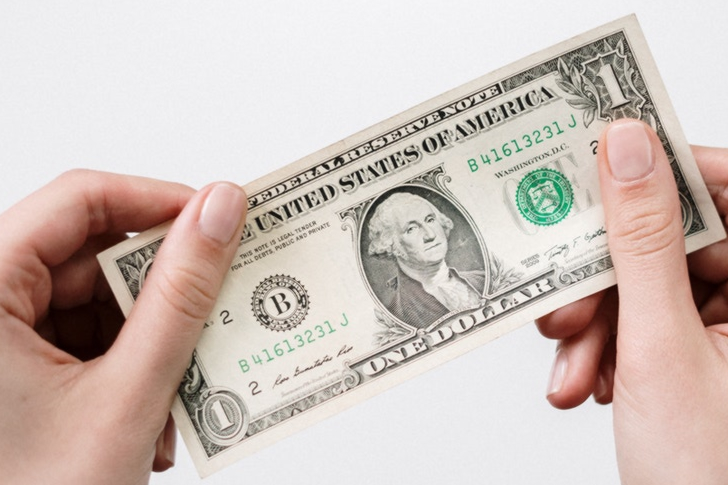Breaking Down Your Savings: A Millennial’s Guide To Spending And Saving
If you’re a young urban professional trying to make it in this fast-paced, ultra-digital consumerist world, then you’ve probably hit the same financial wall that hinders the average millennial from efficiently saving money. It’s normal, however, to run into some financial setbacks especially when you’re young and maybe have some student loans on your back. It’s a trial and error phase after all. However, if you’re tired of having to constantly go in circles with your finances, then maybe it’s time to get educated with money matters and learn how to maximize the money that you earn no matter how big or how small your paycheck may be. Here is a few expert advice from a financial advisor, Jacqui Park, to help you get a clearer idea of exactly how you should spend and save when you’re just getting started.

1. See The Bigger Picture
If you’re really serious about your finances then maybe it’s time that you let go of some denials that you might be imposing on yourself. Don’t just look at paycheck as a source of funds, look at it as a behavioral trigger as well. You may or may not know it, but money definitely has an impact on how we behave. So the sooner you identify your patterns, the sooner you can achieve efficiency when it comes to saving.
First, assess everything related to money in your life. How much are you earning? How much do you owe? It’s important to ask yourself these questions once in a while so you can keep track of your overall financial state.
Second, take a look at how much comes in after-tax and insurance (if you have any) and take a look at where your money goes. Evaluate your spending patterns to see which items or services you are spending the most money on. Experts suggest that you check your bills for at least the last three months.
Third, is to set your priorities. Now ask yourself, what is it that you’re saving up for? This will help you specify how much money you need and will help you set a clearer timeline for when you need it. But don’t forget to set aside an amount for retirement and emergency funds. Those will surely save you from taking up a payday loan in the future.
Once you have nailed all of this down, you can definitely maximize your paycheck without having to go on a crash diet or depriving yourself of the small luxuries of life. It’s very important to save up for future investments but living is equally important.
2. Common Mistakes To Avoid
According to Park, there are a few money mistakes that she sees among people who are trying to save (and it’s something that we’re all probably guilty of). To begin with, she said that people tend to have this “go big or go home” mentality wherein they either crash their expenses down to almost nothing or totally neglecting the responsibility of saving because it seems too impossible to let go of some non-essential splurges.
The key to avoiding this mistake is to start small. You don’t have to change your lifestyle drastically to start saving. Start by cutting back on some small expenses like maybe avoid that morning check-in at your local coffee shop or don’t buy another pair of pants when you have the same pair in a different color. Begin with that and once you have it mastered, expand it to your other expenses. Your credit score will surely thank you for it.
Another factor to take into consideration is your credit card and personal loan debt. According to Park, she sees a lot of people making the mistake of saving up while still owing money. While it is therapeutic to see your savings grow, it’s also important not to disregard the loans that you already have because they can snowball into an even bigger debt if you continue to ignore them. So start saving when you have all your bills paid.

3. How To Breakdown Your Savings
So the question that remains now is; how does one split his/her paycheck? Well, experts suggest that you create separate bank accounts for different purposes. For example, create one for your daily or essential expenses like food and transportation, create another one for recreational purposes like going to the movies or the occasional restaurant experience, and finally create another for your savings. Now, the account you make for your savings can be split into more categories depending on what you are saving for. You can set up an account dedicated to your future home or maybe a month-long getaway to Europe, it depends on you. The important thing is, you have your investment goals set. Lastly, consider investing in a high-interest savings bank. That way you’re not only growing your money through savings, but you’re also growing it through the bank’s interest.
Based on materials from My Domaine
Photo Credits:
Photo by rupixen.com on Unsplash
